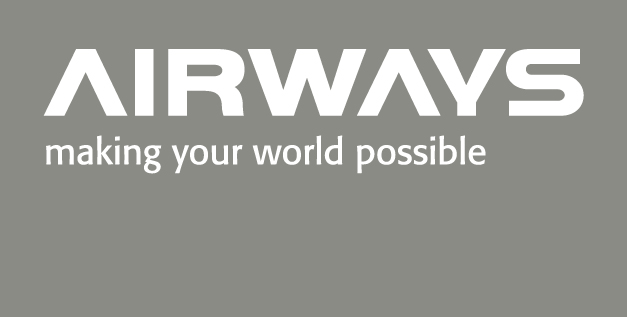Fresh thinking addresses global aviation industry shortage

This week, Airways New Zealand will present an alternative approach to air traffic control training at a symposium of world experts.
The Next Generation of Aviation Professionals (NGAP) symposium in Montreal will address international concerns about the quantity and quality of aviation professionals being successfully trained to operate, manage and maintain the international air transport system.
Recognising the future demand for high volume, lower risk training of air traffic controllers, Airways has invested heavily in recent years to develop training partnerships and methodologies which challenge traditional models.
Airways Head of Training Sharon Cooke says the aviation industry is unique in that it generally continues to fund the full training programme for air traffic controllers.
“Traditionally, air navigation service providers (ANSPs) fund trainees for their entire study, which raises the investment risk level substantially, and leaves them with the full cost of a failed trainee,” she says. “Airways has been working with ANSPs and aviation universities to offer an alternative – a model where trainees start at universities and complete their trainee licence before being selected to begin on-the-job training with an ANSP.”
Airways’ strategies include the development of a new model where delivery methods for ATC training are revised to incorporate new generation e-learning and gaming technologies.
This paradigm shift in ATC training provides ANSPs with surety that the students they train will become quality graduates, often at a significantly lower cost than traditional training methods.
“Airways is involved in the process right from the beginning, to ensure our clients are selecting the right students, with the unique attributes necessary to succeed as an air traffic controller,” says Ms Cooke.
Airways uses its proven SureSelect methodology to identify and recruit students from the 3% of the population likely to succeed in the training. The company then provides its world-class training programmes through partnerships with aviation universities around the world, including in the UAE, Puerto Rico, China and New Zealand.
“Our mix of cutting-edge simulation technologies and classroom training programmes means that for our clients, recruitment costs for ATC ab-initios are lowered by 25%, ATC training time reduces from up to 18 months to six months, and high success rates are proven,” she says.
Ms Cooke and Airways Training Strategy Manager Mary-Anne Sievers will present at the NGAP Symposium, ICAO Headquarters, Montreal, which runs on 3 and 4 December 2014.


.jpg)




.png)



Comments
There are no comments yet for this item
Join the discussion